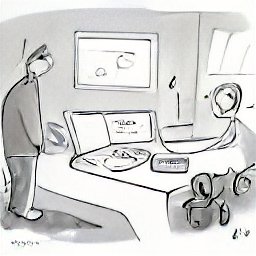In my API governance experience, I interviewed a lot of teams. The purpose of those chats was always to reach a better understanding of the problem. A better understanding leads to better design. Most of the time, these conversations were amicable, easy-going affairs. One contributing factor that kept these affairs from becoming confrontations was when I switched from asking “Why” to asking “How” questions.
When you ask someone “Why” they do or don’t do something, you’ll inevitably provoke a defensive response. For example, when trying to learn more about somebody’s API practice, I could ask:
- “Why don’t you have 100% contract test coverage?”
- “Why aren’t your API descriptions captured in a single, discoverable place?”
- “Why did you produce so many microservices?”
- “Why is your domain terminology inconsistent?”
- And the classic catch-all, “Why did you do it this way?”
Each of those may be a legitimate question. However, the nature of the question comes across as a request for justification. Worse, answers to a why question immediately entrenches the person in a list, of their own making, of confirmation bias. What was supposed to be a positive discourse has turned exhausting, as each side attempts to prove that their approach is superior.
Asking “how” is much more productive. Reframing our points from earlier changes the questions to:
- “How do you detect breaking changes in production?”
- “How do developers discover and learn how to use APIs in your area?”
- “How do you manage the greater complexity with your number of microservices?”
- “How do you describe this concept within your domain?”
- “How did you work through the difficult decisions in this design?”
Both the ‘how’ and ‘why’ examples address, roughly, the same areas of concern. However, the ‘how’ questions are more likely to result in people talking in greater length, detail, and thoughtfulness. They assist us in going further in exploration.
Asking quality, open-ended questions creates a better rapport and a clearer idea of how to help. And the faster we get to help, the sooner our customers will find success.
The next time you feel the urge to ask “why”, try reaching for “how” instead.




